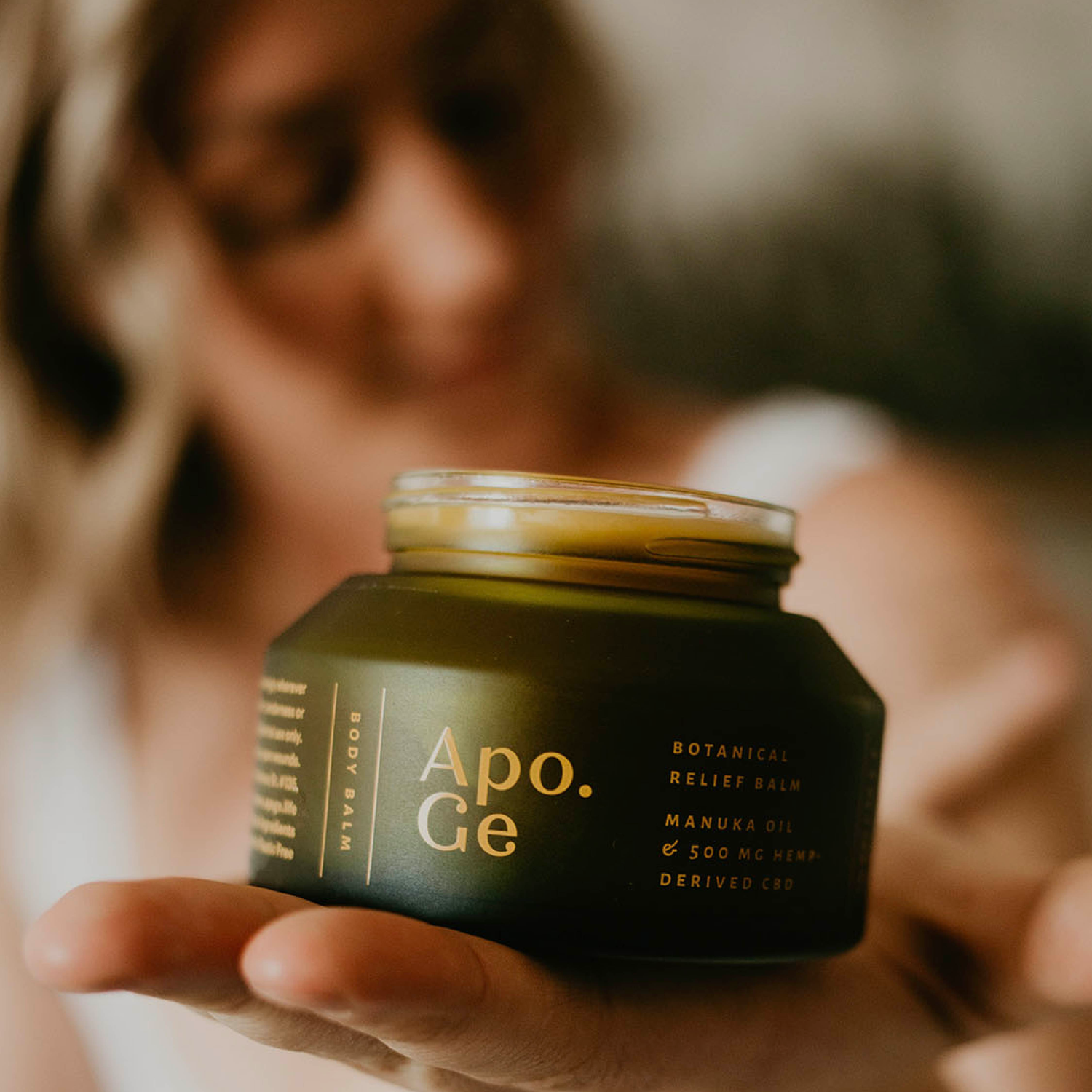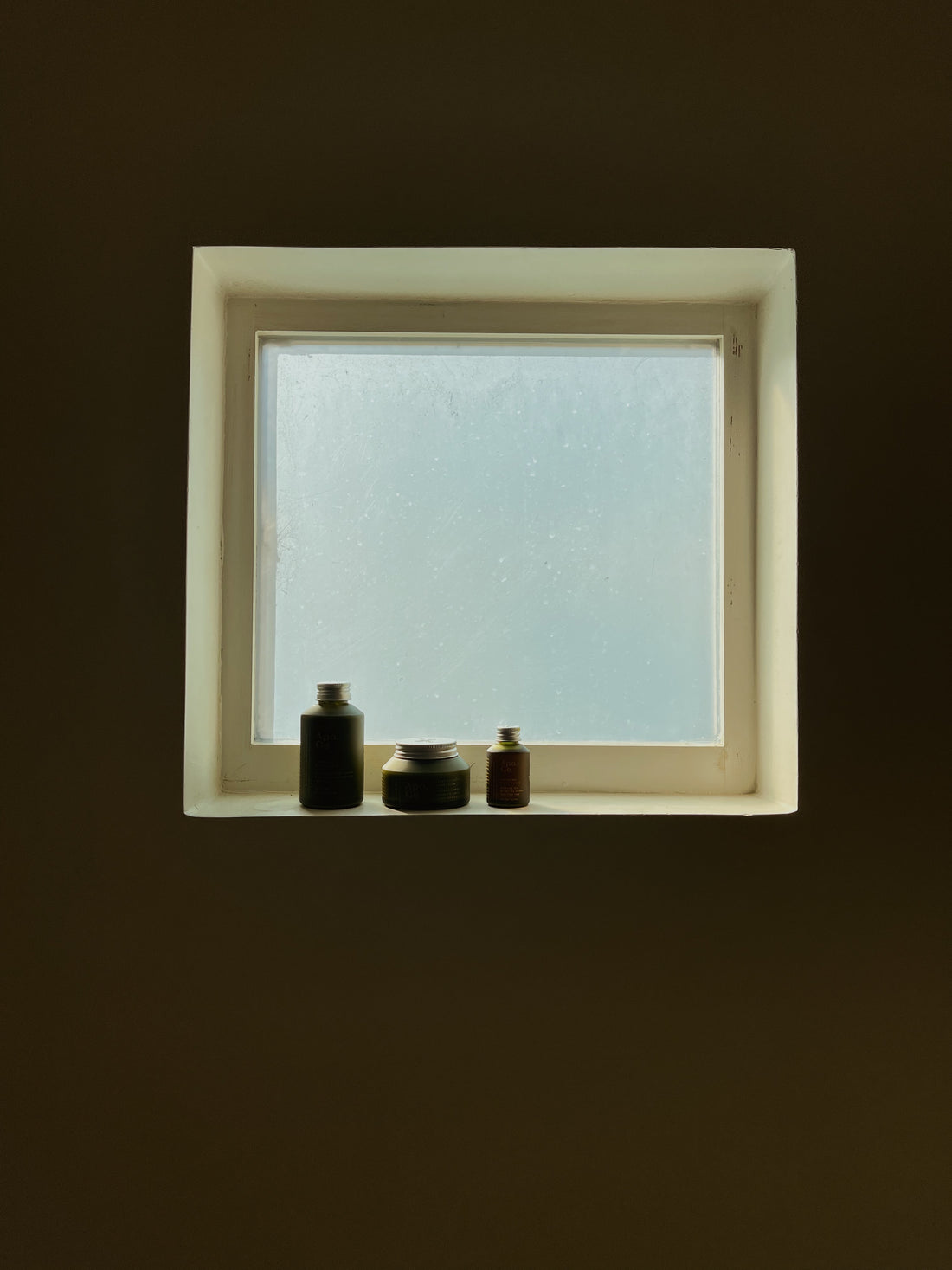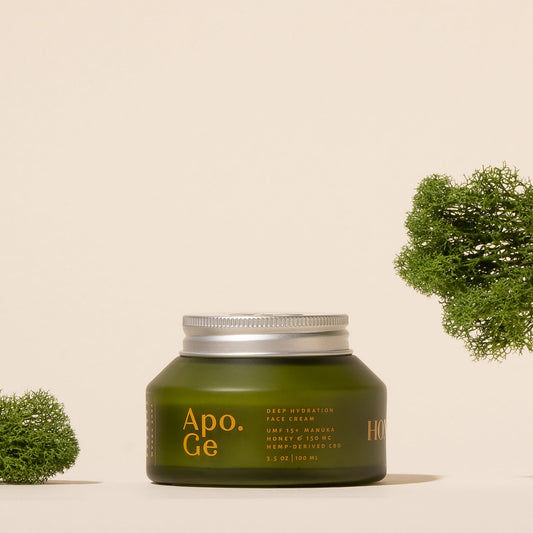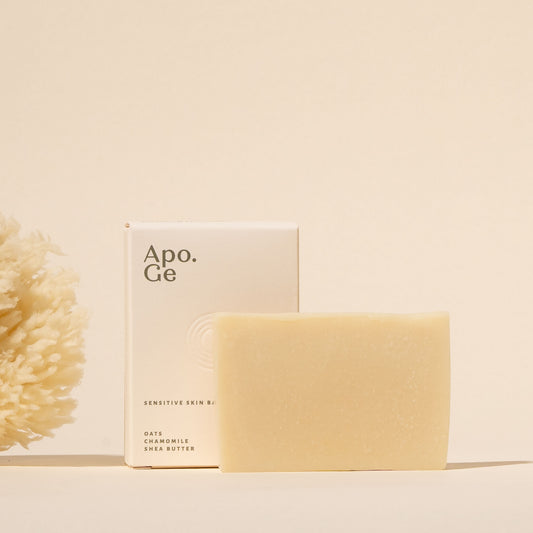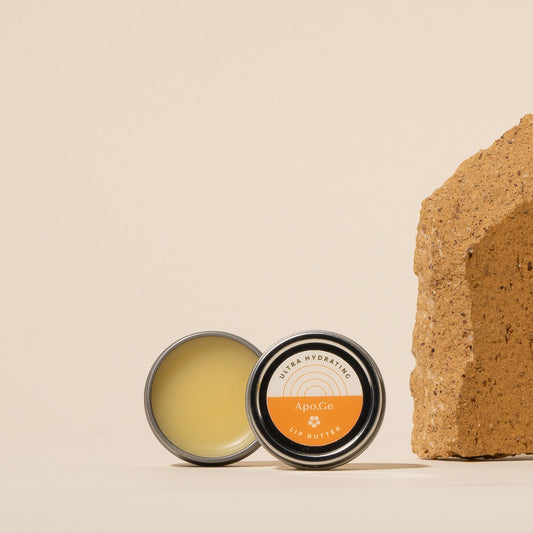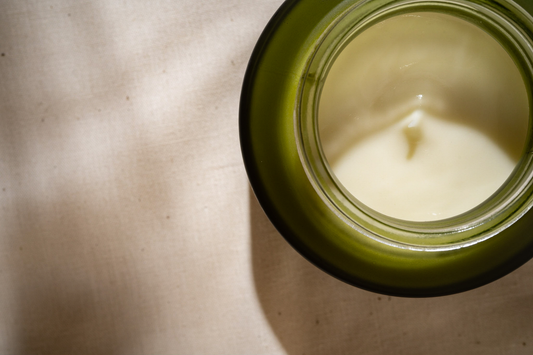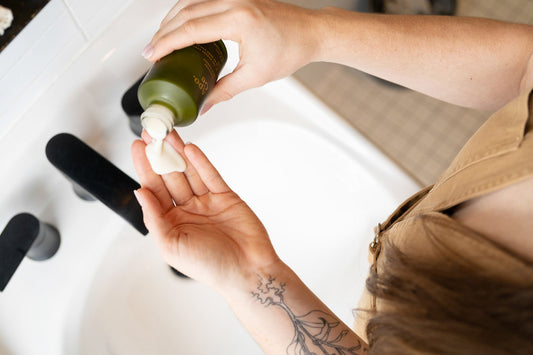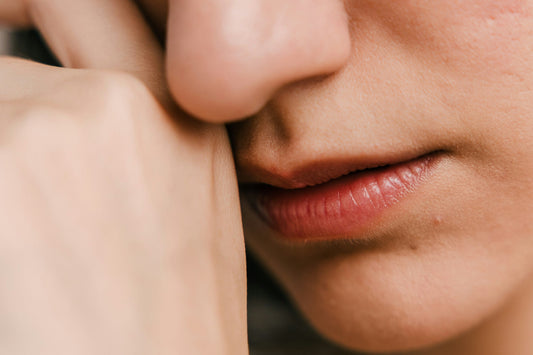Plastics have become an integral part of the beauty industry, but that doesn't mean they are here to stay. The beauty industry is a major contributor to plastic waste, but we are seeing a new wave of sustainability challenging our reliance on plastics within the beauty industry.
Plastics have their use in our society, and in certain situations just can't be replaced by any other material. The problem is that the consumption of plastics has dramatically increased over the decades and our reliance on recycling as a solution for plastic waste has fallen short. Plastics are recyclable, but they're recycled at a shockingly low rate in the United States. In Europe, about 90 percent of plastic bottles get recycled. But here in America? Less than 10% gets recycled.
Why is our recycling rate for plastics so low? It's because we don't have enough facilities for processing this amount of plastic. Not every state or city has recycling laws, and recycling plastic packaging with too many components is too difficult. Your beauty products with pump tops or spray tops are more likely to get diverted to a landfill or incinerated than they are recycled. Even if your plastic packaging does get recycled, it can only be down-cycled. This means that it can only be made into another product with lesser quality a handful of times before it can no longer be recycled and ends up as waste in the landfill.
Lisa Ramsden, the Greenpeace USA Senior Plastics Campaigner, explains the situation. “More plastic is being produced, and an even smaller percentage of it is being recycled. The crisis just gets worse and worse, and, without drastic change, will continue to worsen as the industry plans to triple plastic production by 2050.”
The amount of single-use plastic packaging created by the beauty industry alone each year is staggering: over 120 million units. When we look at how many products an average woman uses on her face every day, which is 16, we can start to understand why there is such a demand. Thats a lot of plastic packaging that begins to add up over time.
The reality of plastic is shocking, so how can you be part of the solution against the over consumption and reliance on single use plastics? First, you can look at where your plastic footprint is the biggest and make small changes in your daily routine to reduce your plastic waste. Here are a few tips to get you started:
- Use zero waste, reusable or refillable products. You can purchase shampoo and conditioner bars instead of bottles, makeup pallets with interchangeable color pans, or refills for your favorite skincare items.
- Swap out products in single-use plastics for those in more sustainable packaging. Switch out your deodorant in a plastic tube for one in a paper tube. If you need to buy new products like toothbrushes or razors, try finding ones made from materials such as bamboo or metal.
- Shop at refill stores where possible so that you don't have any unnecessary packaging waste going into landfill sites.
Unlearning our reliance on plastics as consumers is just one part of the solution. Companies also need to take a stand against our overconsumption of plastics. That's why we've made it part of our mission to reduce our impact on the Planet by committing to being 100% plastic free since day 1.
We're reduced our plastic footprint at Apo.Ge by eliminating plastic entirely from our packaging and shipping materials. Instead we use more sustainable aluminum, glass and paper to make sure your products stay fresh and arrive at your door safely.
The plastic problem is big, but change happens one step at a time and we can all contribute in small but meaningful ways. We're excited to be part of this next wave of sustainable beauty and are thrilled to have you be a part of our mission.
